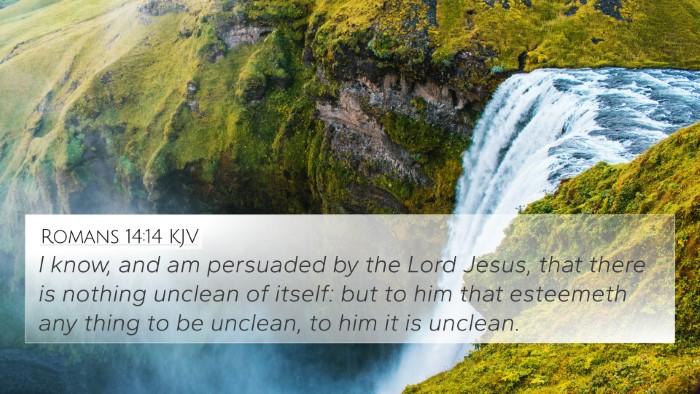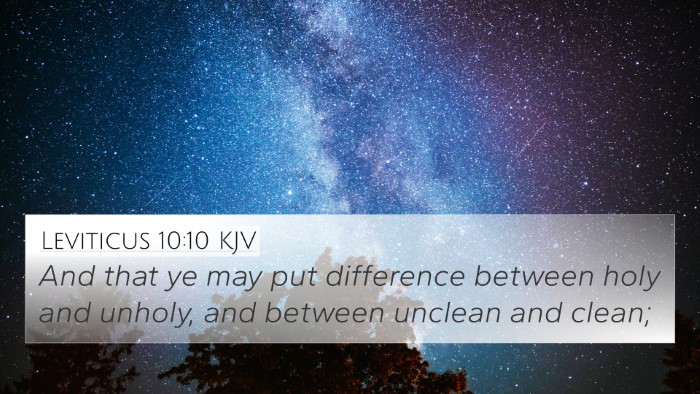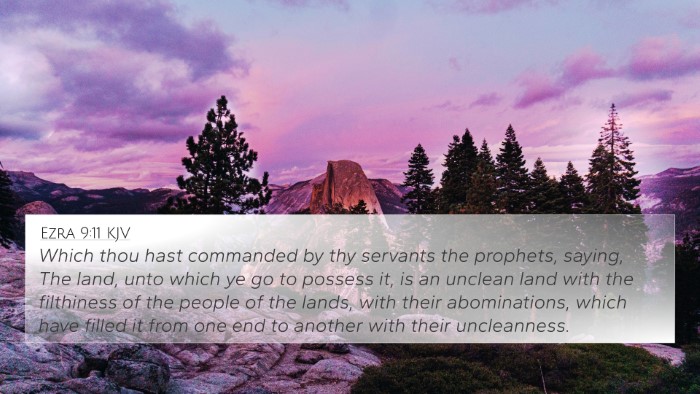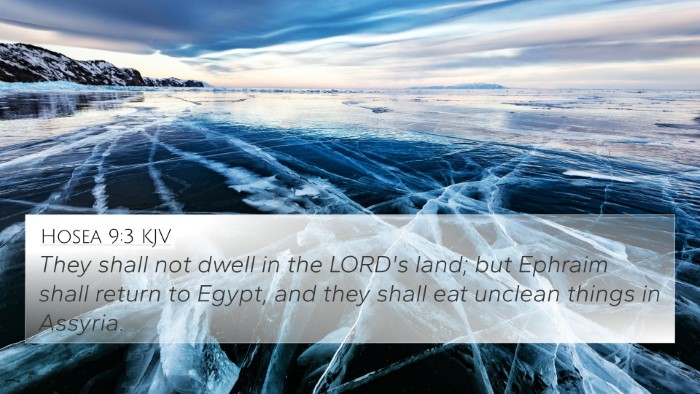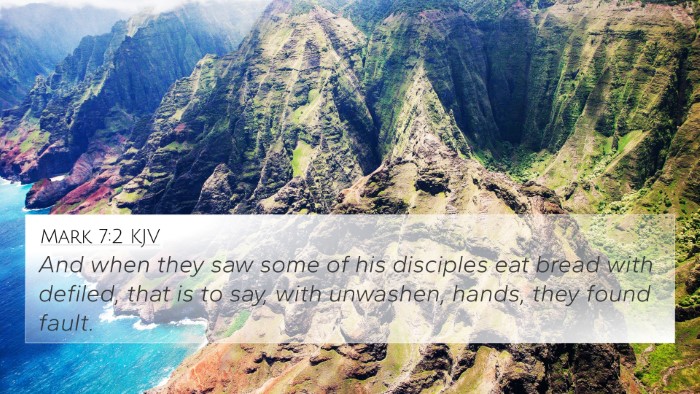Understanding Acts 11:8 - A Comprehensive Analysis
Acts 11:8 states: “But I said, Not so, Lord: for nothing common or unclean hath at any time entered into my mouth.” This verse occurs in a significant context within the chapter which recounts Peter's vision and his subsequent encounter with Cornelius—an important turning point in breaking the Jewish exclusivity regarding the Gospel.
Interpretation and Analysis
This verse speaks to the struggle that Peter, and by extension the early Church, faced when confronting the issue of clean and unclean foods as prescribed in the Mosaic Law. Through a combined analysis of the insights from public domain commentaries, we can glean profound theological and practical implications:
-
Matthew Henry's Commentary:
Henry emphasizes that Peter's resistance reflects a deeply ingrained habit formed by adherence to the law. The vision serves as a divine revelation intended to reshape Peter's understanding, allowing him to see that God's grace is not limited to ethnic or cultural barriers.
-
Albert Barnes' Notes:
Barnes focuses on the commonality of the term “unclean” and explains how Peter's words convey both reluctance and reverence. His statement underscores a vital truth about purity laws and the intention of God to cleanse what is deemed unholy by human standards.
-
Adam Clarke's Commentary:
Clarke articulates that Peter's words reveal a struggle between personal conviction and divine command. His exclamation is indicative of a transformational moment within the early Church, as it illustrates the tension between tradition and revelation.
Cross-References and Thematic Connections
Understanding Acts 11:8 is enriched by examining its connections with other verses in the Bible. Here are notable cross-references:
- Leviticus 11:4-47: Discusses the laws of clean and unclean animals.
- Matthew 15:11: Jesus teaches that what goes into the mouth does not defile a man.
- Mark 7:18-19: Similar teaching by Jesus emphasizing the inner purity of a person.
- Galatians 2:12: Highlights the struggle within the early Church concerning Gentile believers.
- Romans 14:14: Paul addresses belief in the purity of meats, establishing that faith dictates actions.
- Acts 10:14: Details Peter's original vision where God told him not to call anything impure.
- Acts 15:9: Discusses how God cleanses the hearts of Gentiles by faith, reinforcing Acts 11's teachings.
Theological Implications
The resistance that Peter expresses in Acts 11:8 is not merely personal; it exemplifies a broader theological shift. The intersection of law and grace becomes a recurring motif in New Testament theology.
These insights lead to a greater understanding of the unifying theme found in the Scriptures regarding clean and unclean. As believers today examine Acts 11:8, they can reflect upon the transformative nature of God's revelation, which often challenges entrenched beliefs.
Practical Application
This verse calls the modern believer to reconsider preconceived notions of purity and acceptance within the Church community. Exploring the implications of being “clean” in a spiritual sense challenges individuals to embrace a more inclusive perspective.
As we use tools for Bible cross-referencing and delve into these connections, we can see how Peter's experience resonates today, inspiring all believers to live out the principles of love and acceptance. This analysis demonstrates how to find cross-references in the Bible that highlight these profound themes.
Conclusion
Acts 11:8 is not just a historical narrative but a significant point of theological discourse that continues to bear relevance. Through comparative Bible verse analysis, we see that understanding scripture involves integrating insights, exploring thematic connections, and recognizing the overarching narrative of grace that pervades the Bible.



